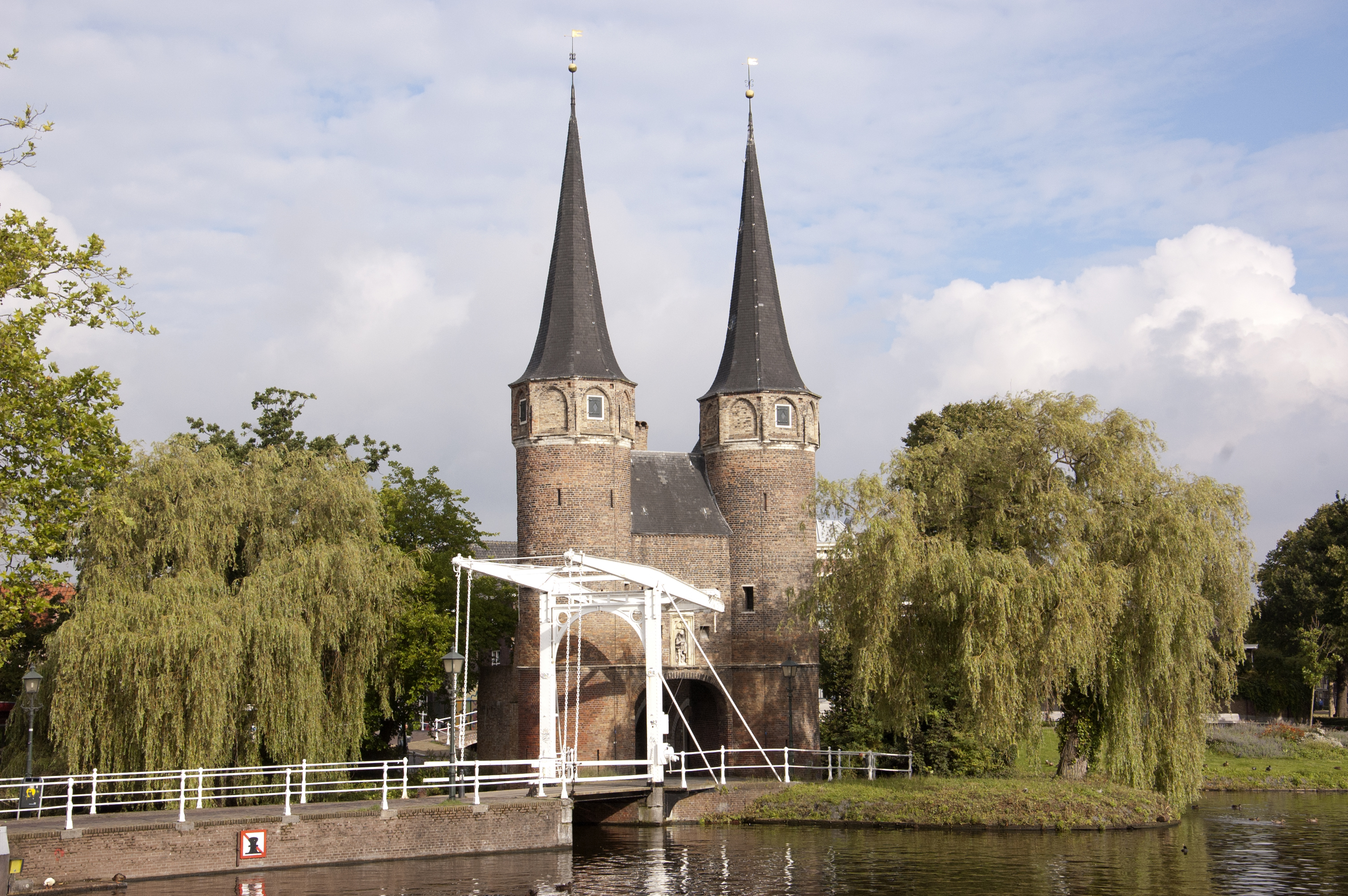
Welcome to the 20th annual conference of the International Society for Music Information Retrieval (ISMIR)!
ISMIR is the world’s leading research forum on processing, searching, organizing and accessing music-related data For the 20th anniversary of the conference, we are honored to welcome you to the beautiful city of Delft, The Netherlands, where the conference will take place from November 4-8, 2019.
The tagline for this year's conference is Across the Bridge. Our community reflects a diversity of scientific disciplines, seniority levels, professional affiliations, and cultural backgrounds. It always has been explicitly interested in fostering and stimulating this diversity, leading to better science and better music services. At ISMIR 2019, we want to explicitly encourage the community to take this a step further, and actively connect across the bridges between our backgrounds.
By the way, when heading for the conference venue, which will take place at the Congress Center of Delft University of Technology, you also will literally have to cross a bridge. If you're lucky, that bridge looks like the one on the picture above this text...
